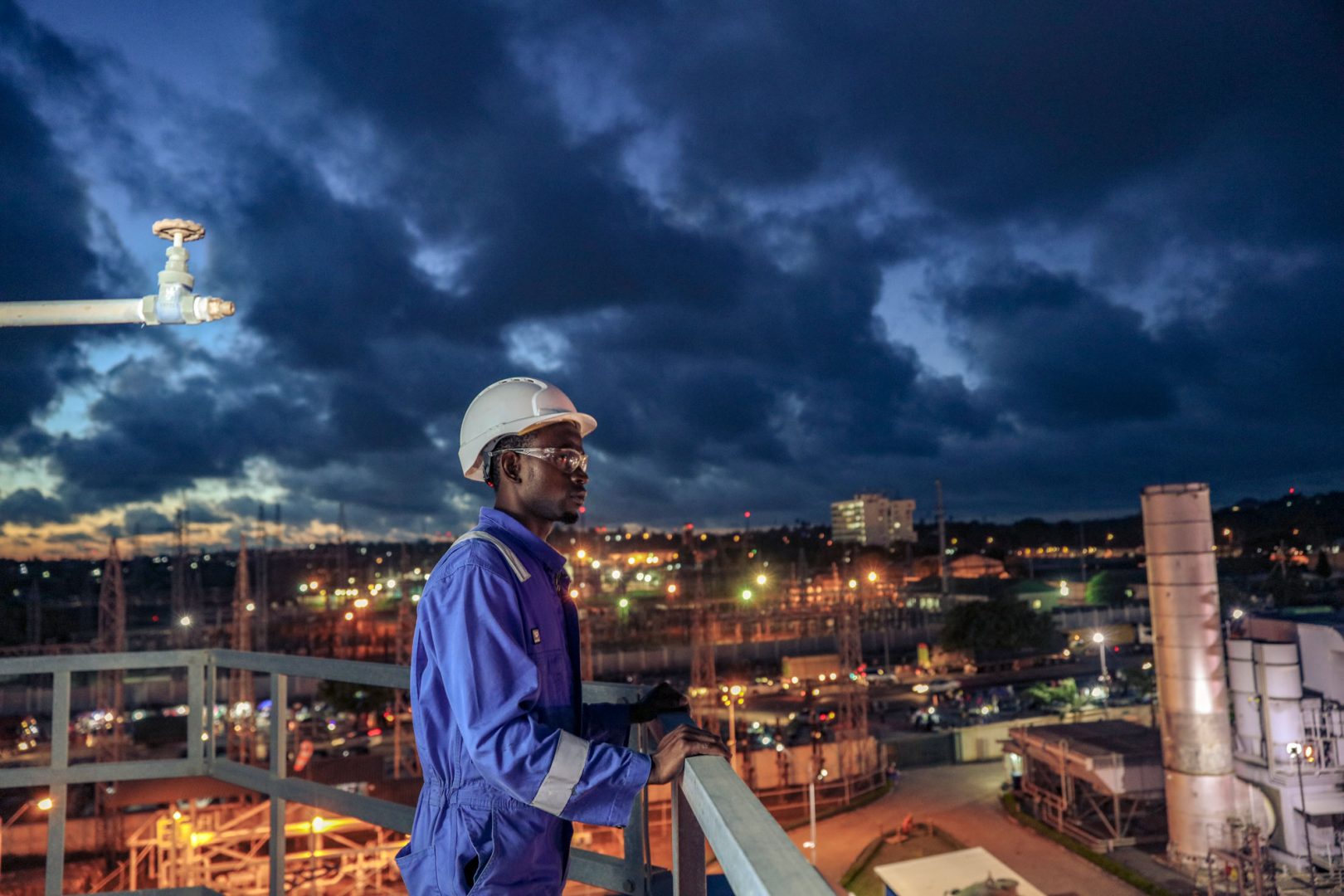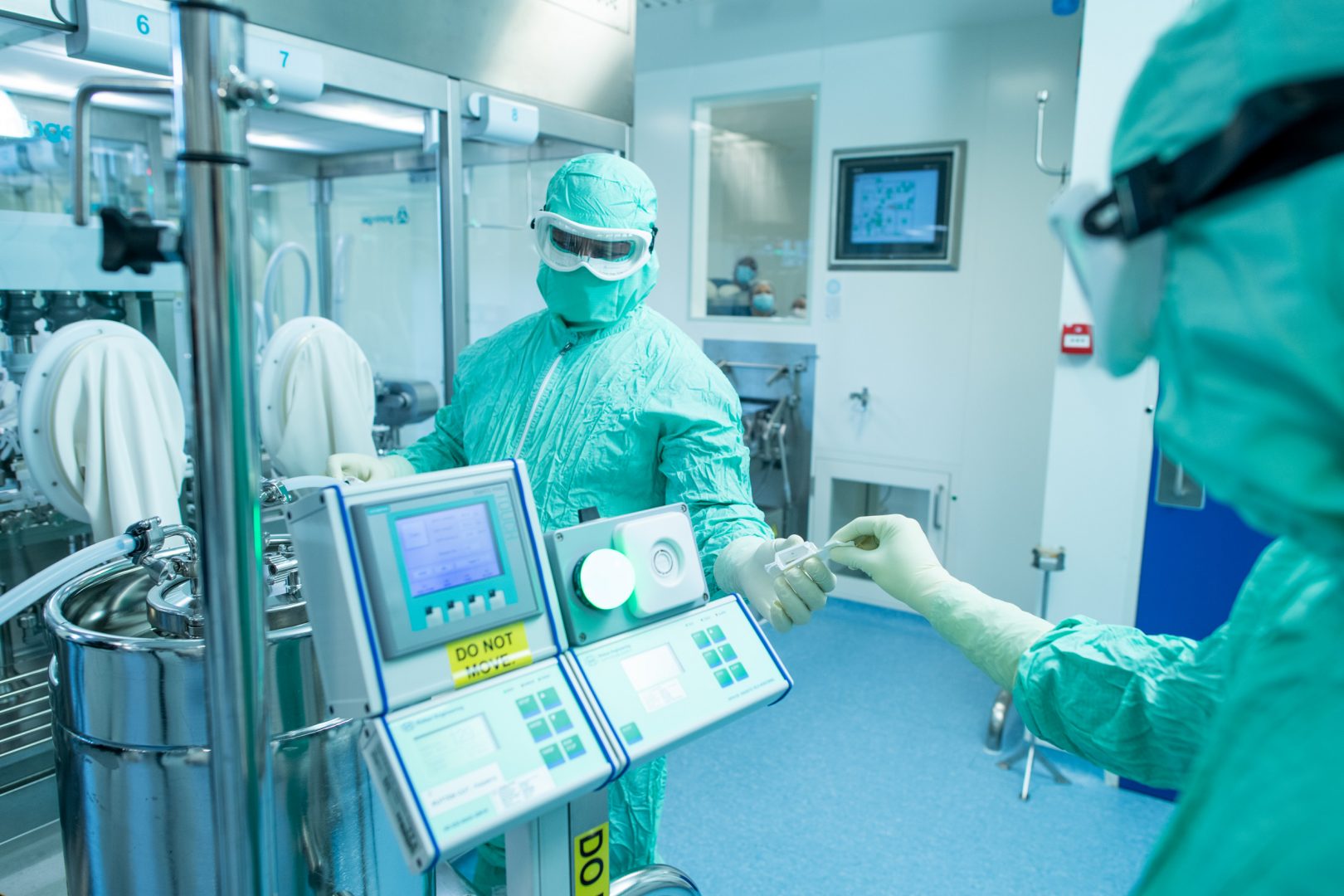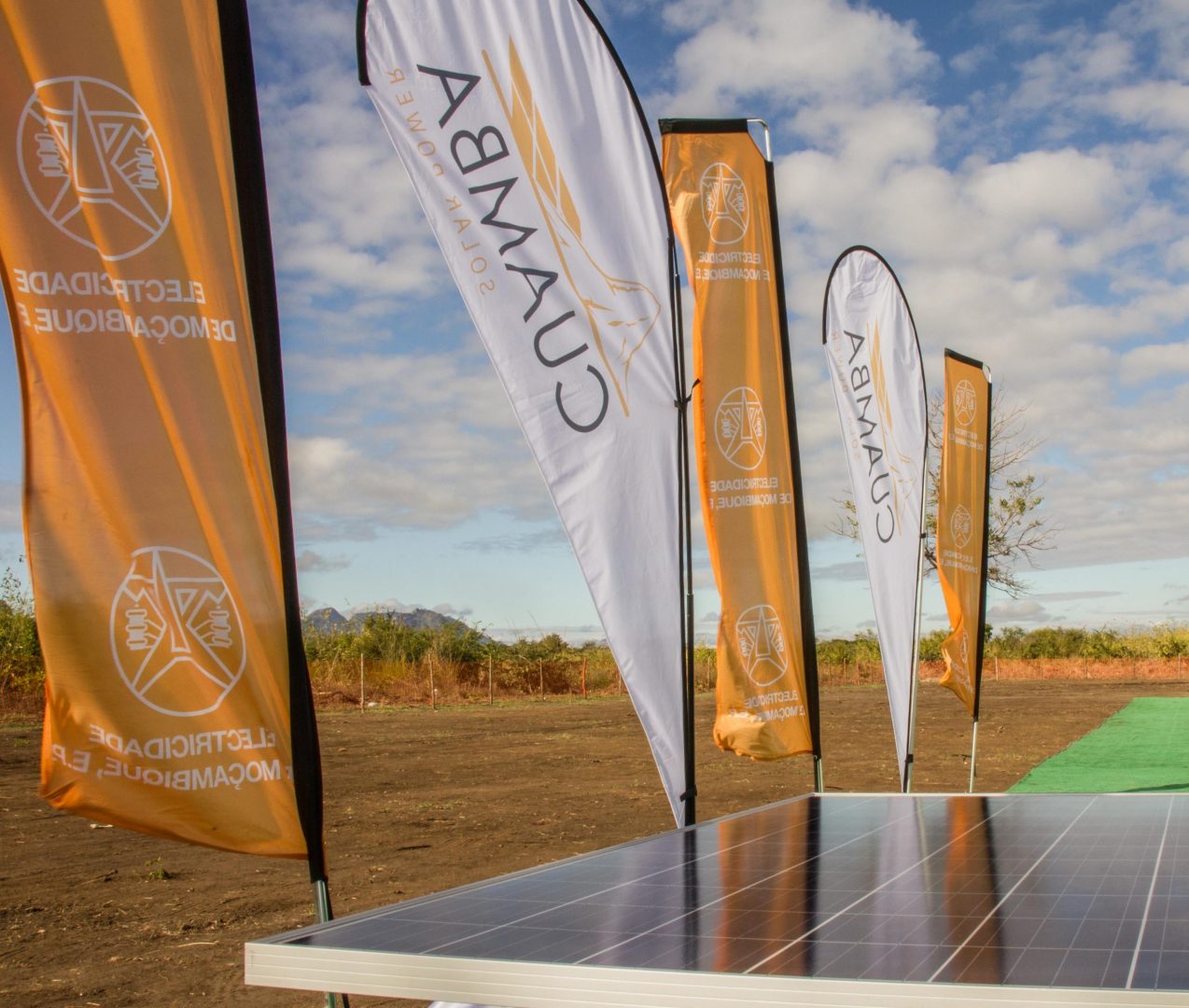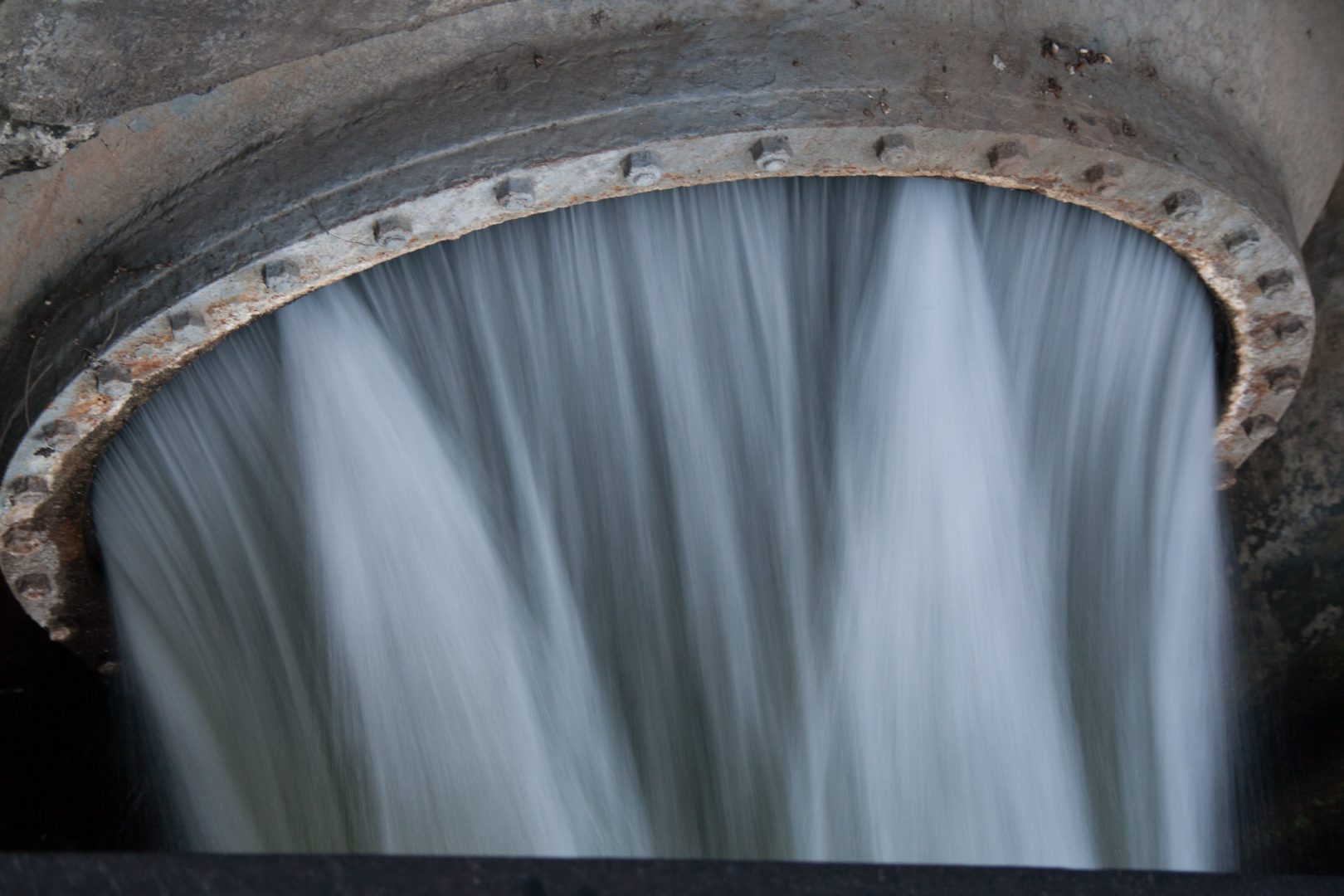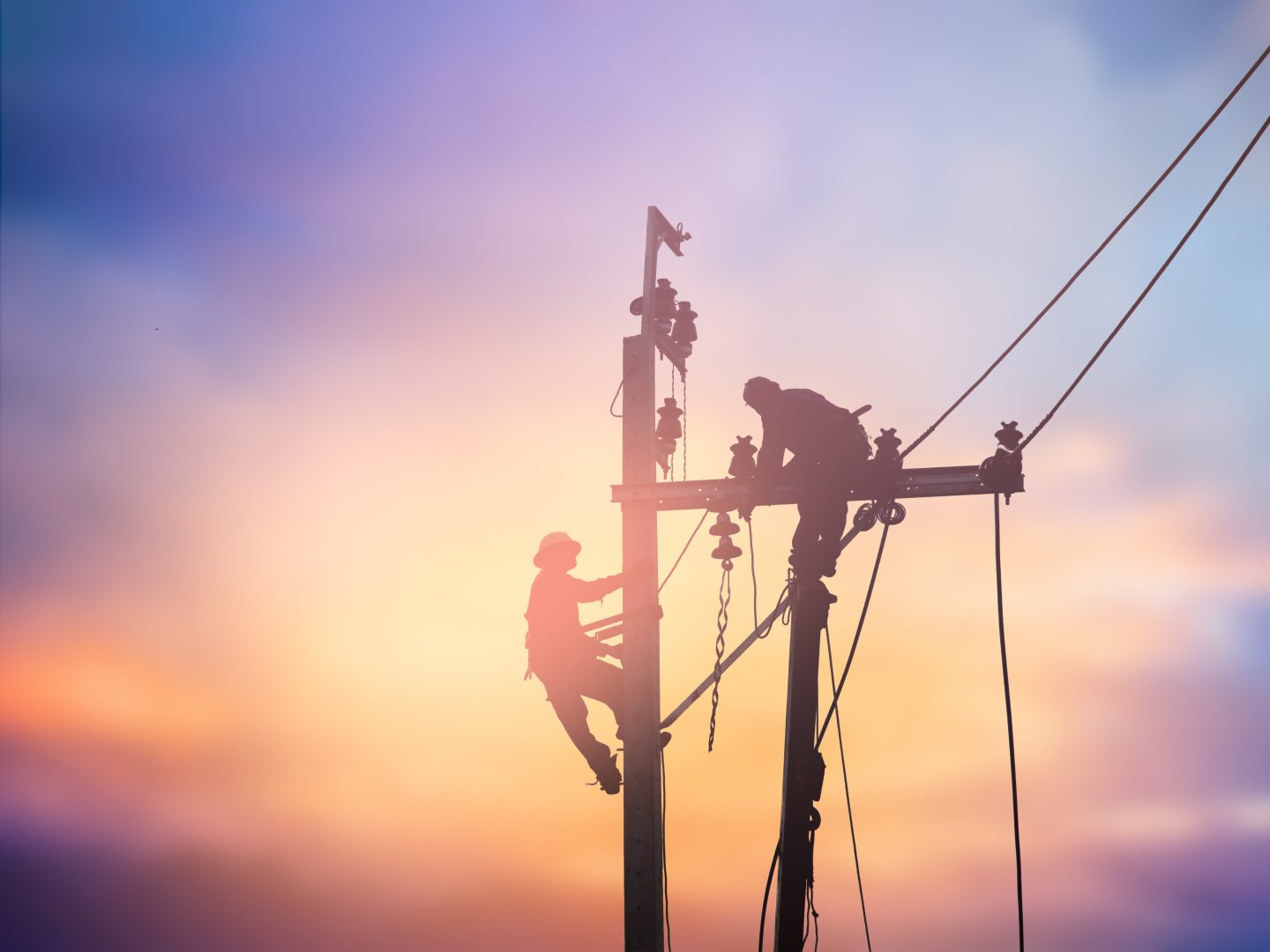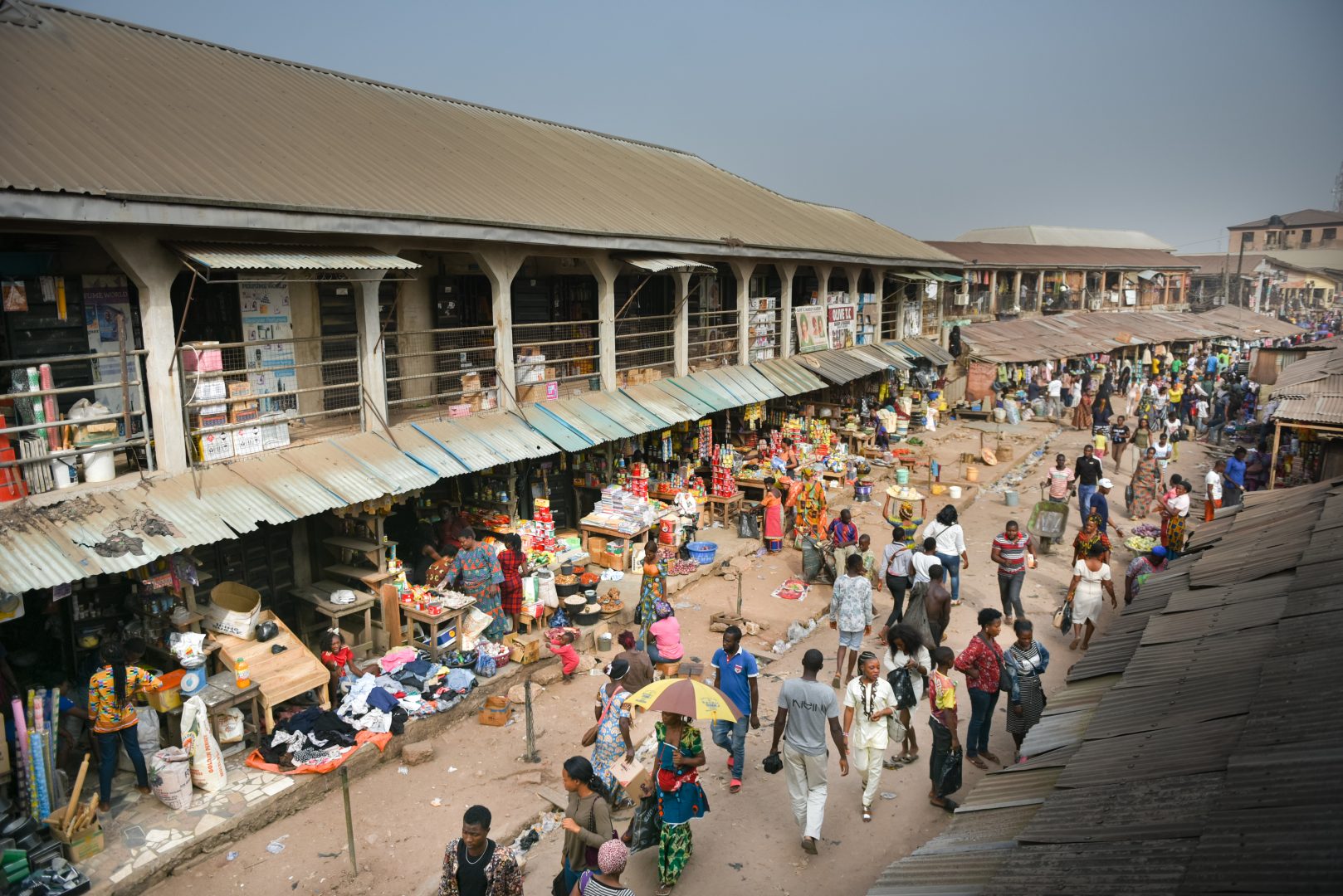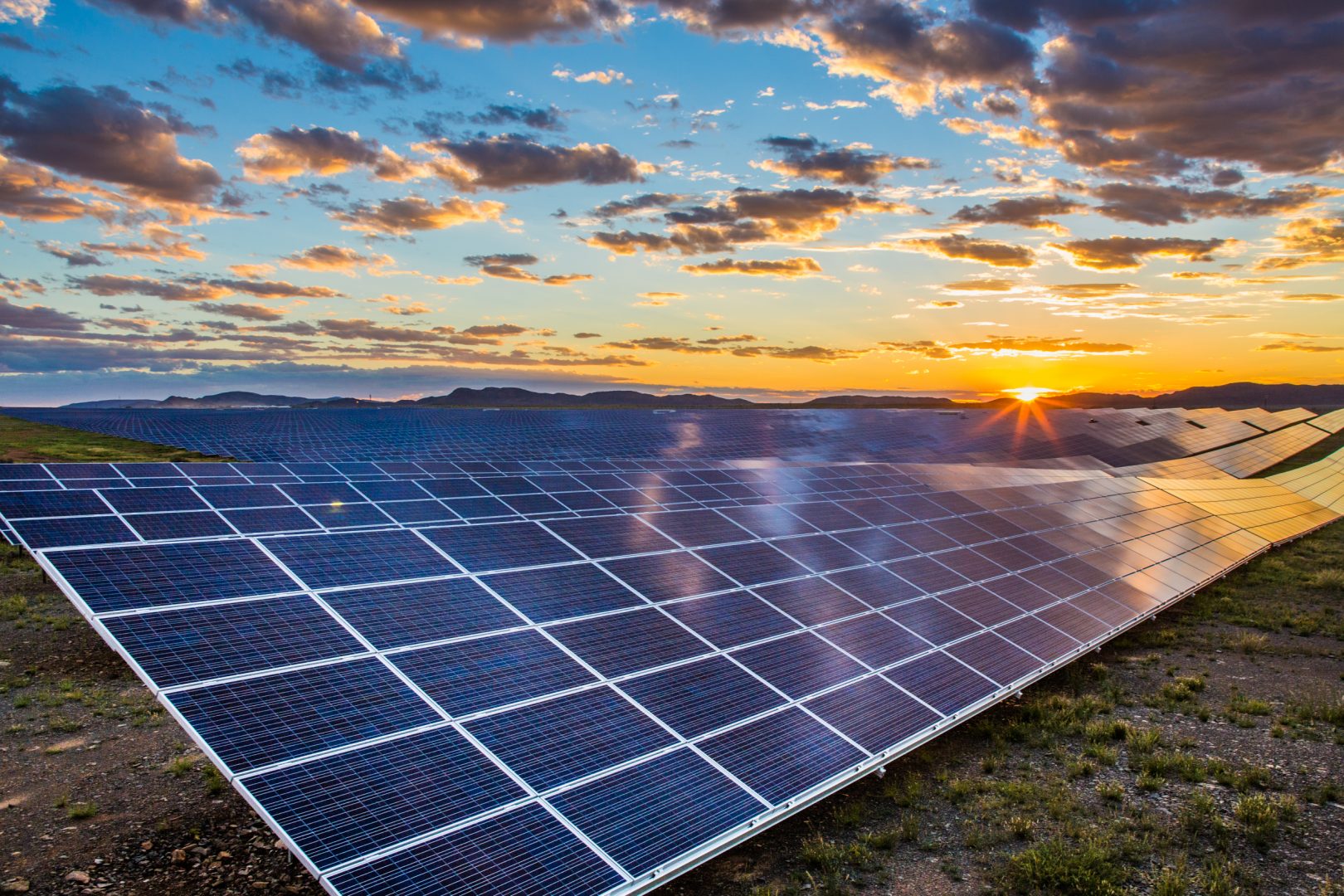A new partnership to boost power generation in Africa by adding at least 5,000 megawatts (MW) of generating capacity over the next 10 years has been announced today by Norfund, the Norwegian Investment Fund for Developing Countries, and CDC, the UK development finance institution (DFI).
Through the partnership, Norfund will acquire a significant minority stake in Globeleq Africa from the Actis Infrastructure 2 Fund for a cash consideration of approximately US$225m, subject to completion adjustments and including capital to further fund two expansion projects. CDC, which already holds a major indirect investment in Globeleq Africa via the Actis fund, will concurrently sell a small part of its holding to Norfund and transfer its remaining majority stake into the new venture.
The agreement, which will result in direct ownership of Globeleq Africa by Norfund and CDC at 30% and 70% shareholdings respectively, is pending government and other third party consents. Under Norfund and CDC ownership, Globeleq will pursue early-stage and other development opportunities in power generation in Africa in order to alleviate the critical shortage of reliable electricity.
Globeleq Africa is an operating power company, actively developing energy projects across sub-Saharan Africa. It has eight major generating assets in Côte d’Ivoire, Cameroon, Kenya, South Africa and Tanzania with a total gross capacity of 1,095MW. The company develops electricity generating plants that support the continued development of the power sector in these regions and actively participates in the communities in which it operates.
CDC and Norfund will work with Globeleq Africa to help meet the demand for power across sub-Saharan Africa. Only 32% of the population in the region has access to electricity – this is roughly the same stage as the US in 1920 and UK in 1929* – and progress is slow. For example, in the decade between 2000 and 2010, generation capacity in sub-Saharan Africa increased by a total of 6,000MW, whereas in China, the total electricity capacity increased by 8,000MW every month in 2010**.
While capital is available for later stage development to construct power plants in Africa once plans and agreements are in place, it can take over five years for projects to reach this point and many projects fail. Consequently, there is a shortage of investors and companies addressing the entire value chain of power project development, especially the early stage, and too few new power projects are coming online.
By addressing the bottleneck at early-stage development, Norfund and CDC aim to bring more projects to the construction phase and expand access to reliable electricity in the region. If successful, the new strategy will result in over 5,000MW of new generating capacity. One thousand megawatts alone is enough to support the development of over 20,000 businesses, which could provide over 800,000 salaried jobs***.
“As the original founder of Globeleq in 2002, we are delighted to partner with Norfund in this new chapter for the business. Power generation is a priority for Africa, given how vital it is for long term economic growth and job creation. Early stage development is the bottleneck and the market desperately needs a committed, credible, expert developer of scale with a long term investment horizon. Under DFI ownership, Norfund and CDC have a vision of Globeleq Africa where it will support the development of significant new generating capacity over the next decade, and continue to run its existing assets efficiently, thereby bringing reliable power to many millions of individuals, families and businesses across Africa.”
The new partnership will combine the complementary experience, expertise and appetite of two European DFIs to harness the skills, networks and reputation of Globeleq Africa to address the development bottleneck and build more electricity generating capacity in sub-Saharan Africa.
Norfund has extensive energy sector expertise with direct and indirect investments in more than 50 power plants across emerging markets, supplying electric power equivalent to the demand of 9 million people. In 2002, Norfund and Statkraft jointly established SN Power, which is now one of the largest independent power producers (IPP) involved in hydropower in the developing world. Norfund currently has approximately US$0.7bn invested in power, representing approximately 50% of its portfolio.
CDC has identified power in Africa as a priority sector and early-stage development as the area with the greatest need for patient, catalytic investment. CDC founded Globeleq in 2002 and has remained a major investor in the company although its interest has been managed by Actis, a private equity fund manager, since 2004. CDC has been a major infrastructure investor in Africa for over 65 years, and has provided capital to over a third of all utility-scale IPP projects in sub-Saharan Africa, excluding South Africa.
The agreement for Norfund and CDC to take direct ownership and control of Globeleq Africa is pending government and lender approval.
Ends
* The Fourteenth United States Census , www.census.gov; and Hannah, L, Electricity Before Nationalisation, John Hopkins University Press, 1979.
**US EIA Historical Statistics for 1980-2010.
***Based on the co-causal positive correlation between growth in electricity production and waged employment in the modern sector, Kenya, 2001-2013. Data source: Kenya National Bureau of Statistics.

